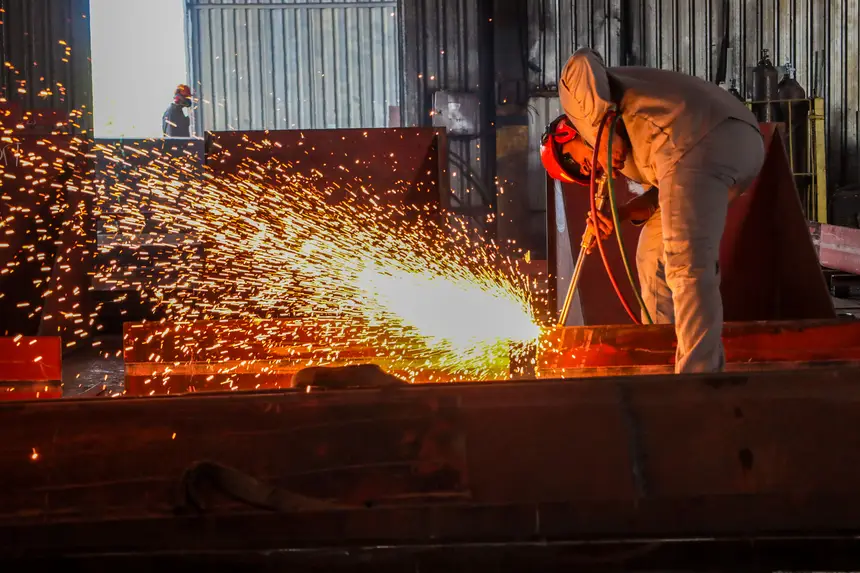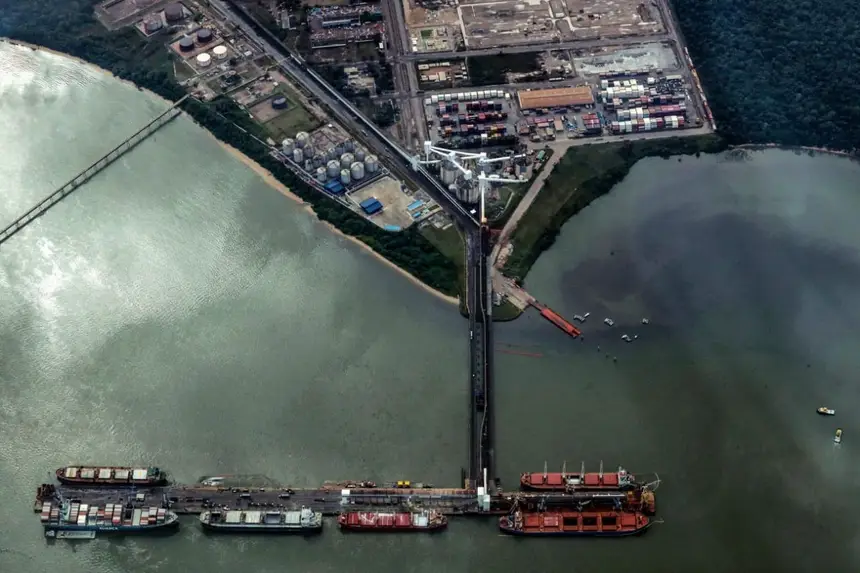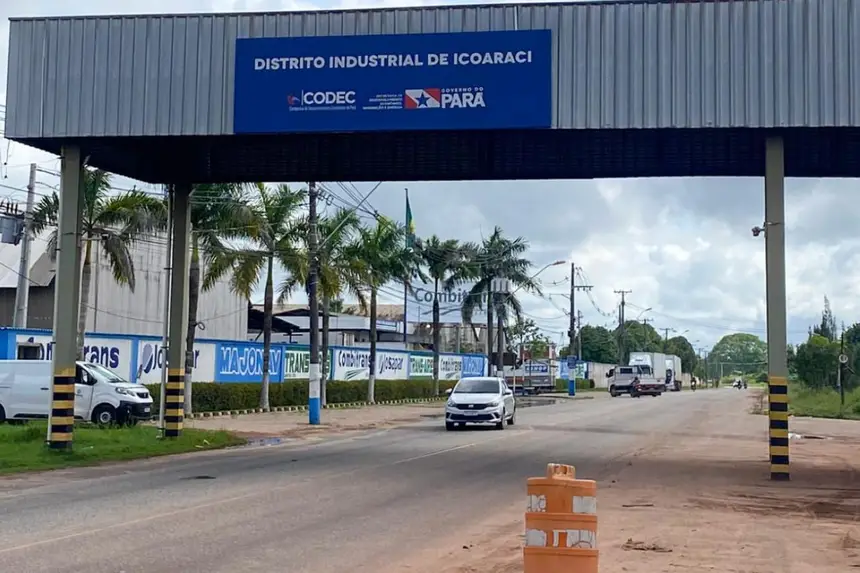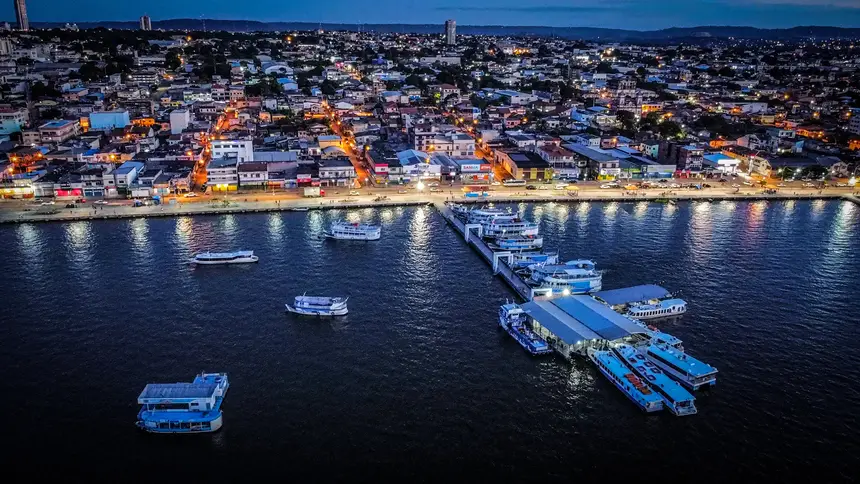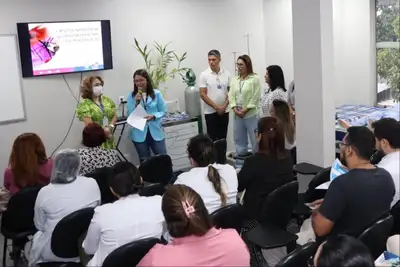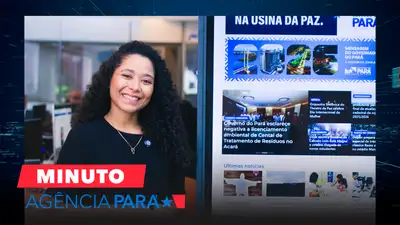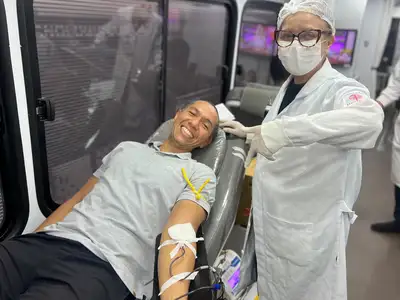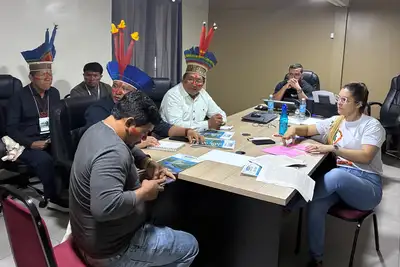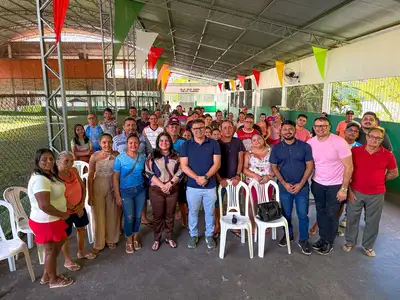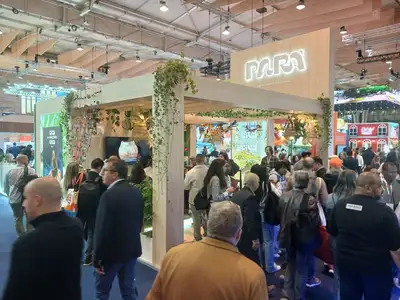Pará enhances industrial attractiveness with new hubs and job creation
With over 14,000 direct jobs already created, the State strengthens export corridors and attracts sustainable investments
The Economic Development Company of Pará (Codec) accelerates its strategy to attract industries and expand productive hubs, reinforcing the prominence of the State of Pará in the national scenario. With consolidated districts in the Metropolitan Region of Belém (RMB) and new projects being implemented in the interior, Pará establishes itself as a competitive destination for investments and as a strategic export corridor to major international markets.
According to official data, the four industrial districts established in Pará (Ananindeua, Barcarena, Icoaraci, and Marabá) host 218 operating companies, responsible for over 14,700 direct jobs and around 52,000 indirect jobs. Together, these areas cover 8,900 hectares, of which 1,800 are still available for new ventures.
In Marabá, the industrial hub continues to expand and has over 500 hectares ready to receive companies linked to the mining, metallurgy, and transformation sectors. In Barcarena, in addition to the available industrial areas, the implementation of the Export Processing Zone (ZPE) represents a milestone for the economy of Pará, offering a differentiated tax regime and a strategic location close to the ports that connect Pará to international trade. The district is also advancing in road management measures, in partnership with the Military Police and the city hall, to ensure more security and fluidity in cargo transport.
In the Integration Region of Baixo Amazonas, Santarém is advancing in the implementation of its industrial district, focused on bioindustry and agribusiness. In Castanhal, the Industrial Condominium is in the environmental licensing phase and will be aimed at small and medium-sized enterprises. In Breves, in Marajó, the defined industrial area marks the beginning of the implementation of the hub in the archipelago.
“Codec accompanies the investor at all stages, from intention to installation. Pará is prepared to offer competitive conditions in the national and international scenarios,” highlighted Pádua Rodrigues, director of Strategic and Institutional Relations of the Company.
For Manoel Ibiapina, director of Investment and Business Attraction, “the differential of Codec is being close to the investor at all phases, offering structured areas and ongoing support, which ensures security for those who decide to invest in the State.”
The president of Codec, Lutfala Bitar, emphasizes that sustainable industrialization is at the center of the strategy: “Our goal is to attract industries that generate jobs and income, but also those that commit to innovation, bioeconomy, and responsible resource use. This is how we will transform Pará into a reference for sustainable development for Brazil and the world.”
The Federation of Industries of Pará (Fiepa) also highlights the impact of industrial hubs. According to the president of the entity, Alex Carvalho, “the Industrial Districts strengthen the competitiveness of the Pará industry, and the implementation of the ZPE in Barcarena expands the possibilities for international insertion of local companies.”
With a privileged location, clean energy, and integrated logistical infrastructure through highways, waterways, and ports, Pará consolidates itself as one of the main export corridors in the country. Codec and the state government work to ensure that industrialization goes hand in hand with sustainability, betting on innovation and bioeconomy as engines for development.
Text: Thais Veiga



